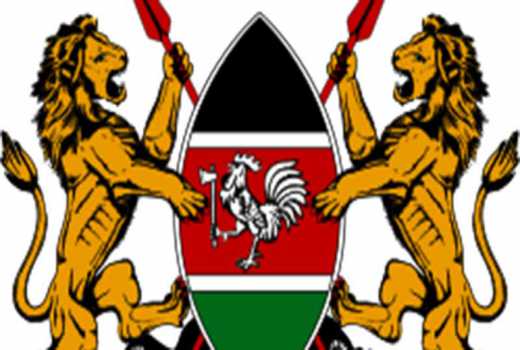×
The Standard e-Paper
Smart Minds Choose Us

Should we expunge the word “Harambee” from our vocabulary? That is a question currently before the Senate, following a petition brought before it recently. The petition by Isaac Aluochier, seeks to have “Harambee” expunged from the National Court of Arms, Public Seal, and all other public documents and publications.
However, opinion seems divided on the significance and value of the petition. The debate is however not new. During the Constitution review process, there was a fairly vigorous lobby to have the word expunged.